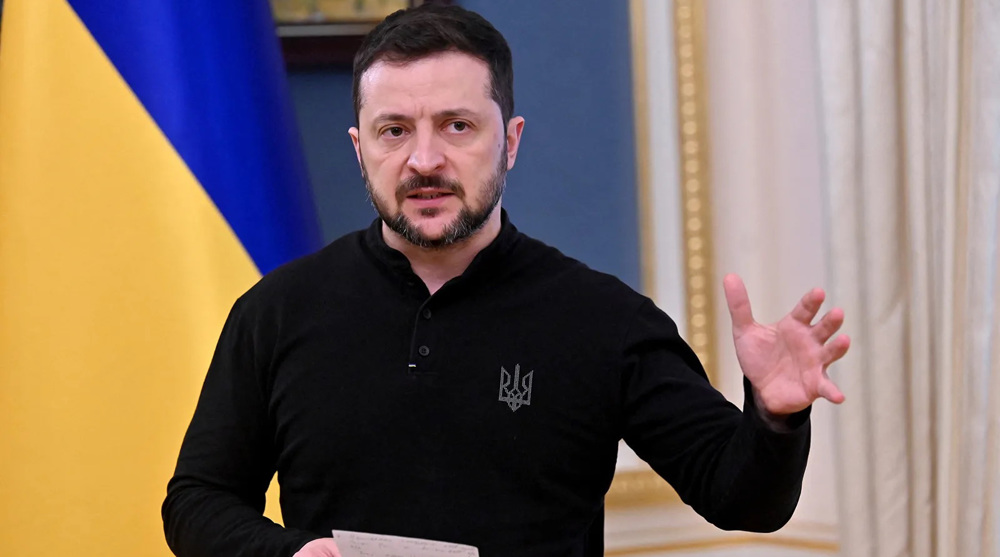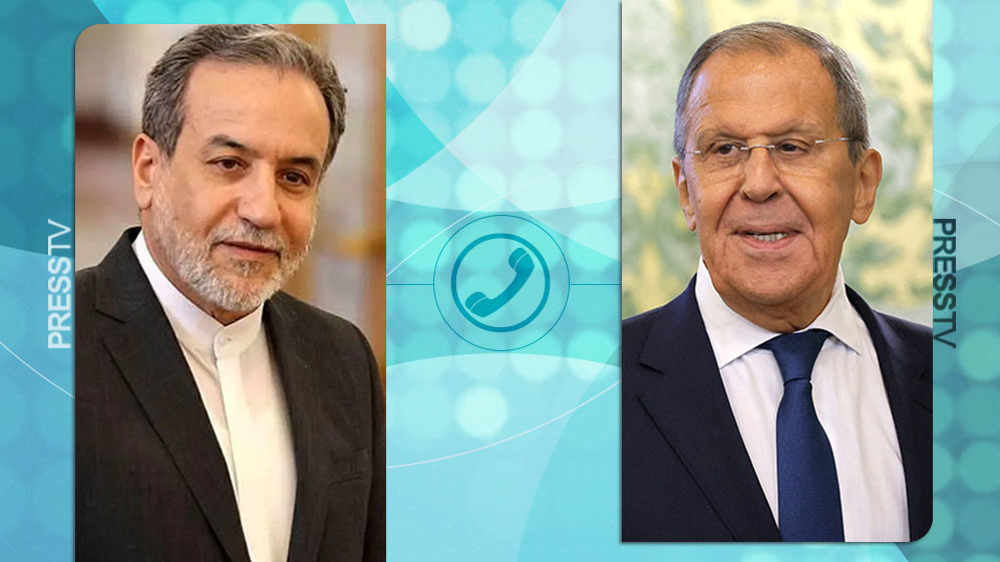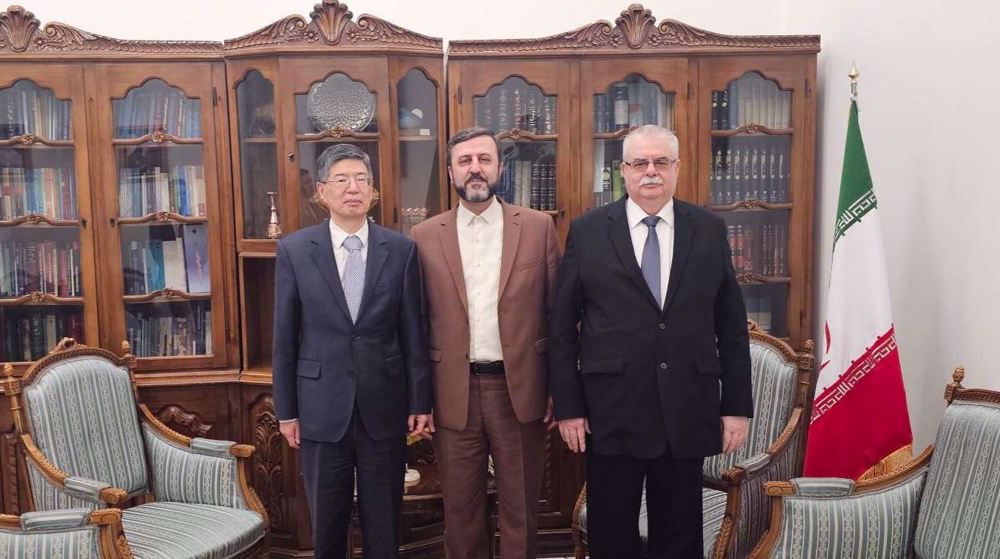Russia, NATO schedule security talks
Russia and NATO are set to hold talks on issues of high mutual interest, the Western military alliance has announced, amid increased hostilities between the two sides.
Envoys from NATO will hold a formal meeting with the Russian envoy to the alliance on Monday, said NATO Secretary-General Jens Stoltenberg in the capital of Belgium, Brussels, on Thursday.
The meeting was organized after Moscow agreed to discuss the conflict in eastern Ukraine and as the alliance seeks to avoid any escalation of an East-West stand-off.
‘When tensions run high’
The meeting is scheduled to take place at the NATO-Russia Council (NRC), the forum bringing together NATO ambassadors and Russia’s top envoy to NATO. It would be the third time the NRC will convene this year.
“The NATO-Russia council is an important platform for dialog and I have invited the members of the NATO-Russia council to a meeting on Monday,” Stoltenberg said. “We will meet at ambassadorial level and we will meet at the NATO headquarters. We will discuss and address topics of relevance for European security, importantly Ukraine.”
“When tensions run high, as today, it is even more important to have direct dialog with Russia,” he said.
Russia has repeatedly voiced concerns about the US-led alliance’s military build-up near its borders. The Russian permanent representative to NATO, Alexander Grushko, said he would raise at the meeting Moscow’s concerns about NATO’s plan to send multinational forces to the Baltics and Poland from next year.

“We count on having a frank discussion about the security situation in Europe, taking into account those factors that have an impact on it, including, of course, the consequences of NATO reinforcements on the eastern flank,” Grushko said.
NATO has suspended all practical cooperation with Russia as part of efforts by the US, Europe, and their allies to exert pressure on the Kremlin following the Crimean Peninsula’s separation from Ukraine and adhesion to Russia. It came after the majority ethnic Russians in Crimea voted to join the Russian Federation in a referendum in 2014. The West has described the development as an “annexation” of the territory by Russia. Western countries have also imposed heavy economic sanctions on Moscow over Ukraine.
NATO also aims to send “battle groups” to the Baltic states and Poland early next year. The forces will consist of 40,000 troopers from the United States, Germany, Britain, Canada, and elsewhere.
The move will be the biggest foreign military buildup near Russian borders since World War II.
In response to the US-led alliance’s aggressive moves, Russia has beefed up its southwestern military capacity and slapped its own sanctions on the opposite side.
Iran resolved to uphold nation’s nuclear rights via diplomacy: FM Araghchi
The erasure of Palestinian cultural legacy by British Museum
American citizens have borne the ‘lion’s share’ of Trump’s tariff costs: Economist
$50m sportwashing: After turning blind eye to genocide for two years, FIFA funds Gaza stadiums
VIDEO | Trump’s foreign, domestic policies dealt blow after Supreme Court struck down global tariffs
VIDEO | Pakistan launches cross-border strikes into Afghanistan after series of suicide bombings
VIDEO | Dublin rally condemns Western-backed genocide in Gaza
Zelensky acting ‘maliciously’ by cutting oil supply: Slovakia’s PM














 This makes it easy to access the Press TV website
This makes it easy to access the Press TV website